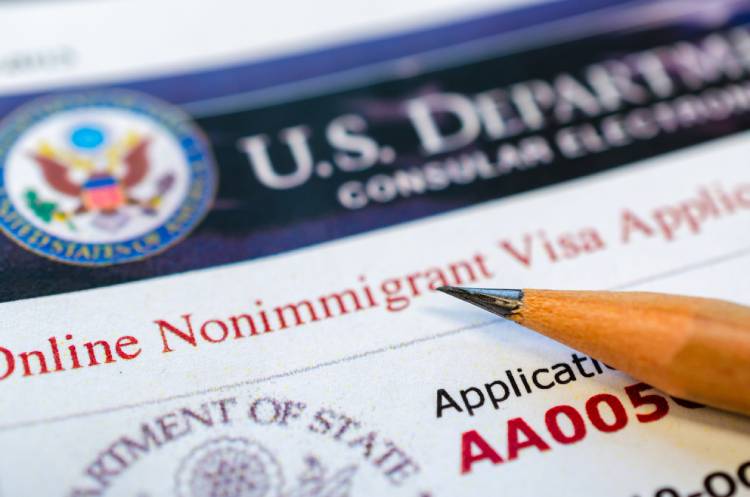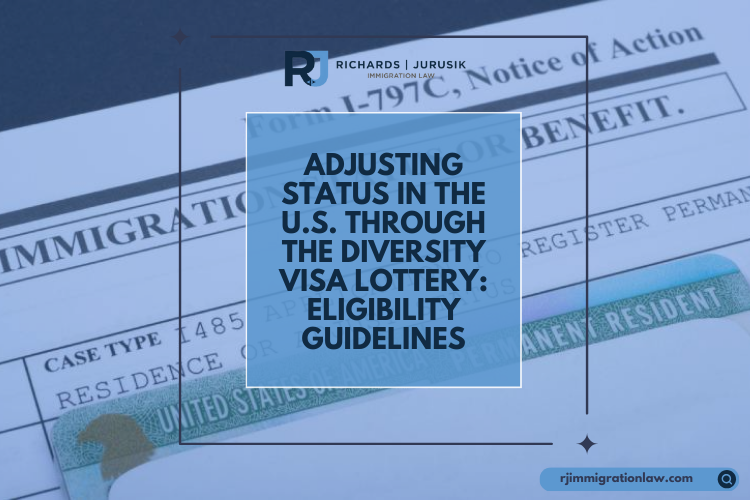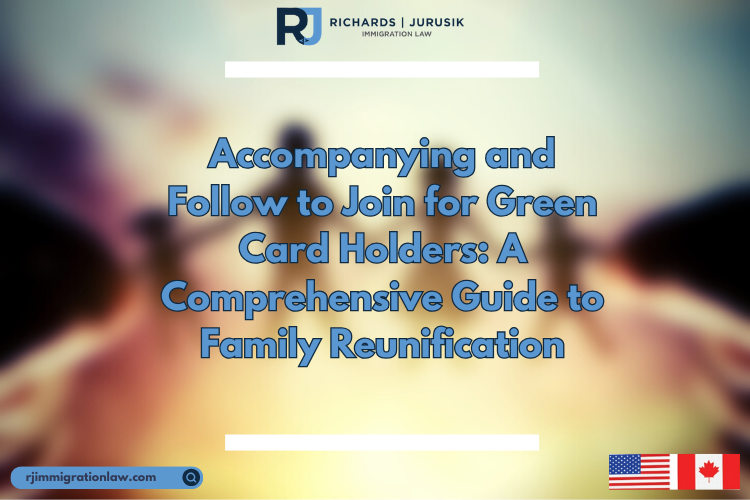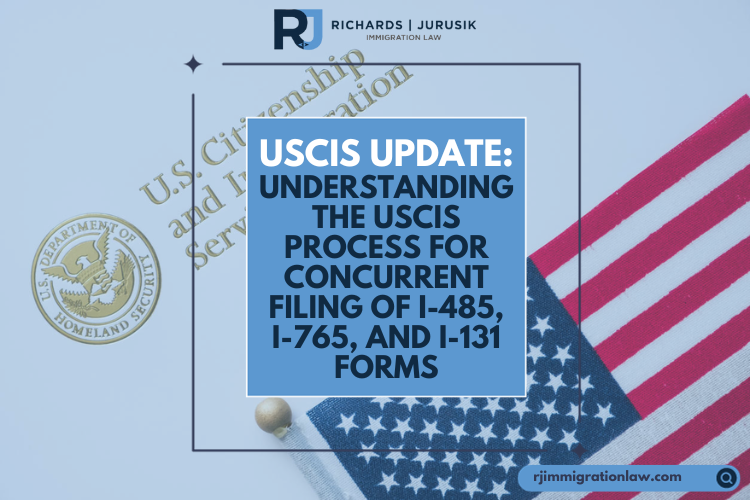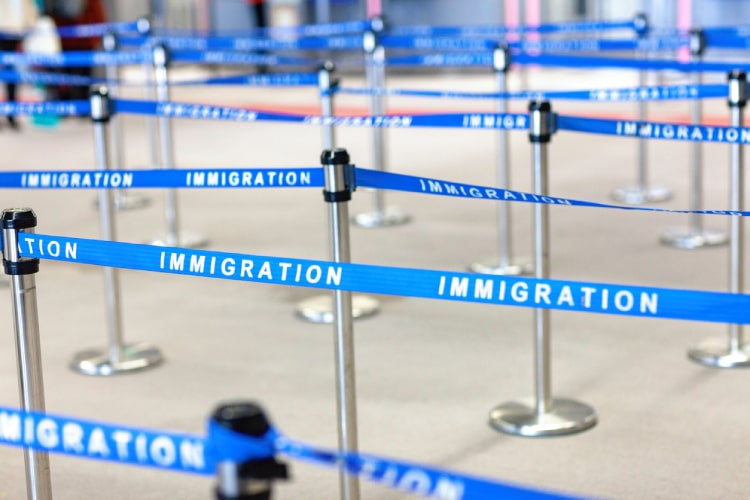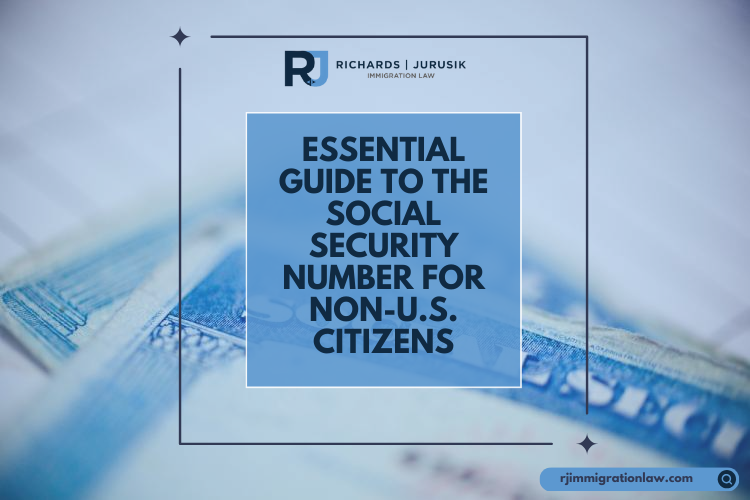The work landscape has undergone dramatic shifts due to technological advancements, the rise of remote work, and significant developments in social media. These changes have redefined our concept of “work,” introducing complexities in assessing the intent of individuals entering the U.S. as visitors.
Historical Benchmarks and Their Evolving Relevance
Historical immigration cases such as Matter of Hira, involving a tailor visiting the U.S. to take suit measurements for overseas production; Matter of W, detailing the operations of Canadian truck drivers; and Matter of B and K, showcasing Canadian farmers selling produce in the U.S., have historically set a precedent for evaluating visitor intent. These cases emphasize three critical factors:
- Foreign Domicile: The visitor’s intent to maintain their residence in a foreign country without the intention to abandon it.
- Foreign Place of Business: The primary location of the business and profit generation should be outside the U.S.
- Temporary Intent: The visitor’s entry into the U.S. should be temporary, regardless of the duration of the business activity.
Customs and Border Protection (CBP) Perspective in Today’s Context
In the current era, how does CBP view these traditional evaluation criteria?
- Continued Relevance of Traditional Factors: CBP still considers these factors relevant, considering where an individual’s salary comes from, their impact on the U.S. labor market, and the location of their economic activities.
- Teleworking Challenges: With the increase in remote work, travelers teleworking while in the U.S. might face more scrutiny. CBP may not inquire about every traveler’s work intentions, but information that raises concerns, especially if volunteered, will be closely examined.
- Earnings from Social Media: The CBP acknowledges the complexities of visitors who post on social media and earn money. If the primary activities and earnings originate outside the U.S., such visitors may still qualify under visitor status. Yet, the distinction blurs when U.S. companies directly commission activities.
Conclusion
In conclusion, the world of work is continuously evolving, and the definitions that once seemed rigid are now more fluid than ever. It becomes imperative for both visitors and CBP to keep pace with these changes to ensure a balance between seamless travel facilitation and strict law enforcement.
Additional Outside Information
- Matter of Hira 11 I&N Dec. 824 (BIA 1965)
- Matter of W 6 I&N Dec. 832 (BIA 1955
- Matter of B and K 6 I&N Dec. 827 (BIA 1955)
We Can Help!
You may have questions regarding employment in the United States. We invite you to contact our team at Richards and Jurusik for detailed guidance and assistance. We aim to provide the most accurate and up-to-date information to make your immigration process smoother and less stressful. The immigration lawyers at Richards and Jurusik have decades of experience helping people to work and live in the United States. Read some of our hundreds of 5-star client reviews! Contact us today to assess your legal situation.

